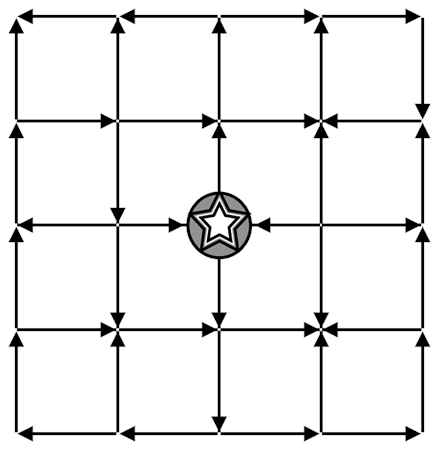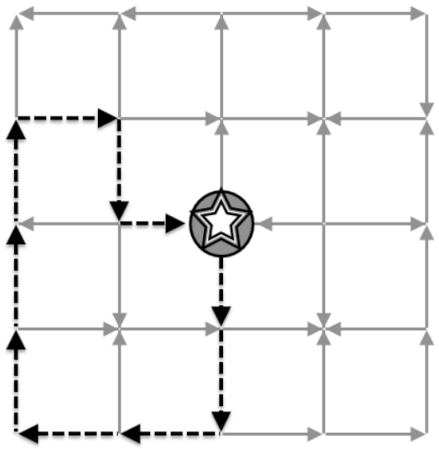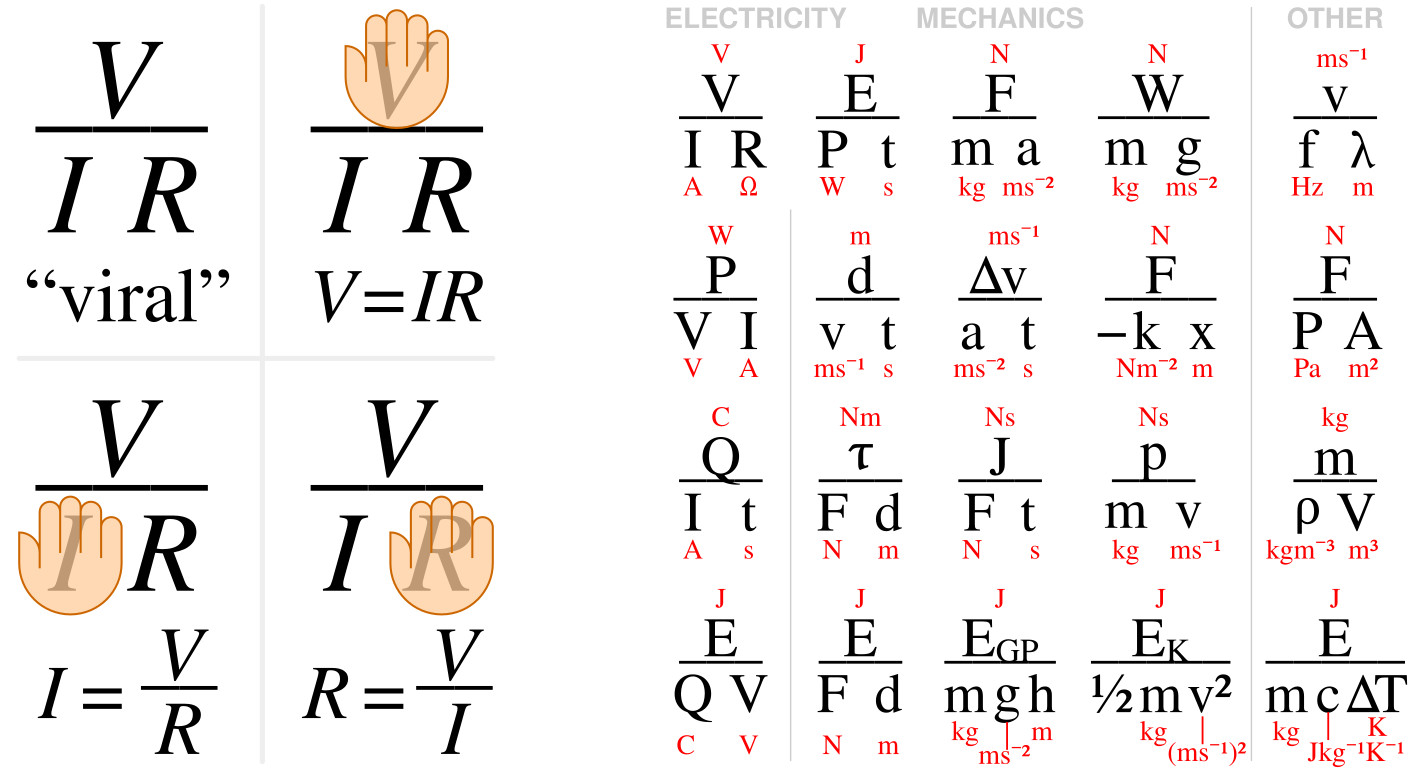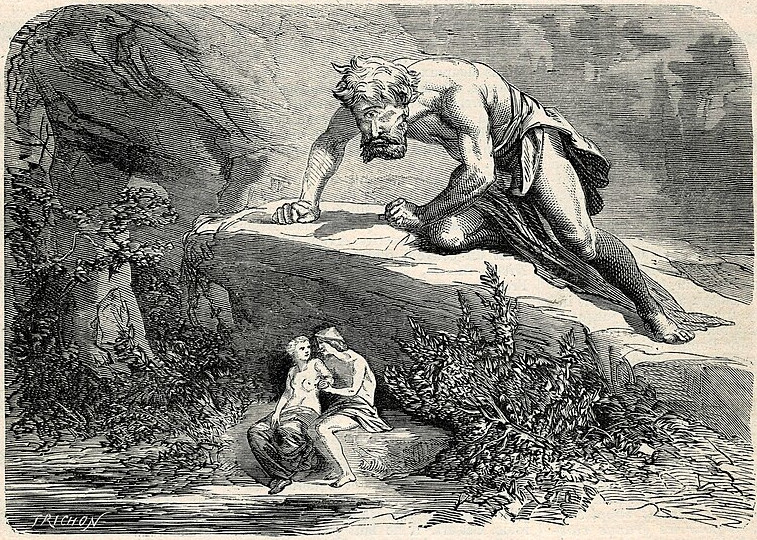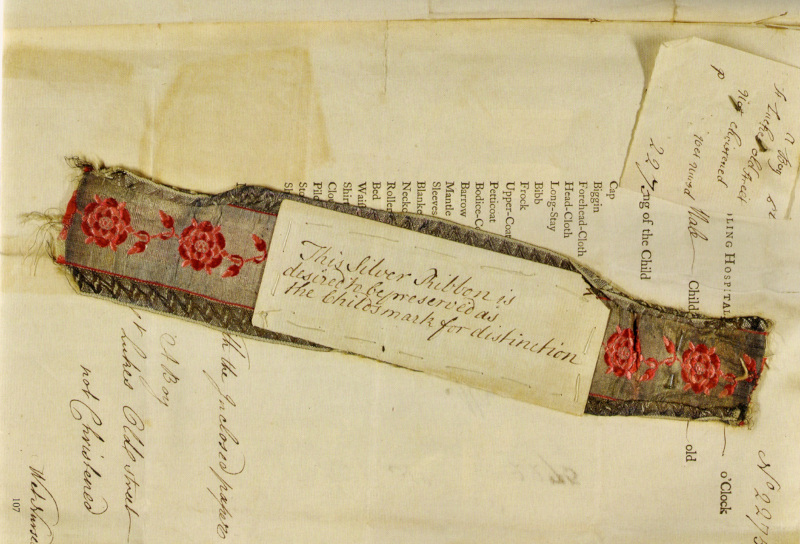
Between 1741 and 1760, when a baby was left at London’s Foundling Hospital, the staff encouraged the mother to provide some token that could be used as an identifying record — a note, a letter, or some other small object. Usually a piece of fabric was provided by the mother or cut from the child’s clothing, and these were attached to registration forms and then bound into ledgers.
Altogether about 5,000 babies received such tokens. The example above bears the message “This Silver Ribbon is desired to be preserved as the child’s mark of distinction.” (Ribbons were recognized symbols of love, especially in circumstances of loss and separation.) Today these pieces of fabric form the largest collection of everyday textiles surviving in Britain from the 18th century.
On the occasion of an exhibition of the surviving swatches at the hospital in 2010, University of Hertfordshire historian John Styles said, “The textiles are both beautiful and poignant, embedded in a rich social history. Each swatch reflects the life of a single infant child. But the textiles also tell us about the clothes their mothers wore, because baby clothes were usually made up from worn-out adult clothing. The fabrics reveal how working women struggled to be fashionable in the eighteenth century.”

